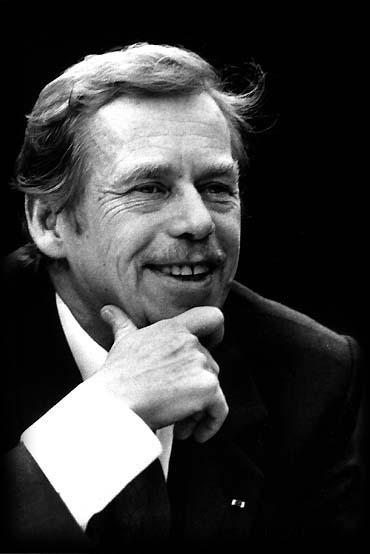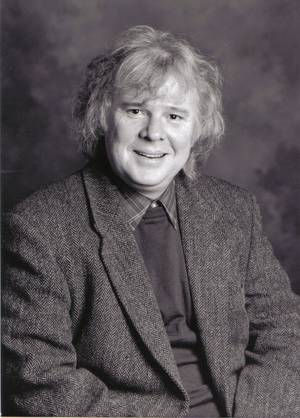The New
Europe
What is Europe?
Vaclav Havel

Wiki
Vitae
2. home, a place to return to
for the former communist
countries
3. a set of economic and political institutions
i.e., the Europe of
prosperity, political freedom, democracy
*4. Havel asserts Europe is defined by the following
a common complex history
common values
a common culture
a common way of life
a common destiny
How have these shaped European politics?
Do W and CE Europeans share this history?
What common experiences do they have?
What differences?
Culture
High culture vs. pop culture
Do W and CE Europeans share this culture?
What do they share in common?
What differences do they have?
Commonalities E and W
Differences
Values
Which values animate European social
life, politics?
Source of these values?
Christianity,
Judeo-Christian Ethics
"Common Moral Minimum"
Kantianism
Tone of his conclusion: Europe = Christendom?
Do W and CE Europeans share this view?
Why or why not?
Europe
as the Future or Europe as the Past?
Andrei
Markovitz

Karl W. Deutsch
Collegiate Professor of
Comparative Politics and German Studies at
University of MI
Anti-Americanism in Europe: From Elite Disdain to Political Force
His
thesis:
anti-Americanism is
becoming a mass phenomenon in Europe
a force that can bind Europeans together
an "other" against which to assert European Identity
says
European elites have always harbored these feelings toward Americans
what's different now is that it has trickled down to the average person
The post-September
11th world:
American hegemony
uni-polar world
US is powerful
Compared to
what?
The Cold War

Europe's
Birthday: February 15, 2003
Why then? What is the significance
of this date?

Forces
Mitigating against European Unity
Name some
Nationalism
Xenophobia
Relations
with the US:
Trans-Atlanticism
vs Euro-Gaullism
Anarchist
Movements
New Left
Critiques of the EU
Post-materialist
Politics